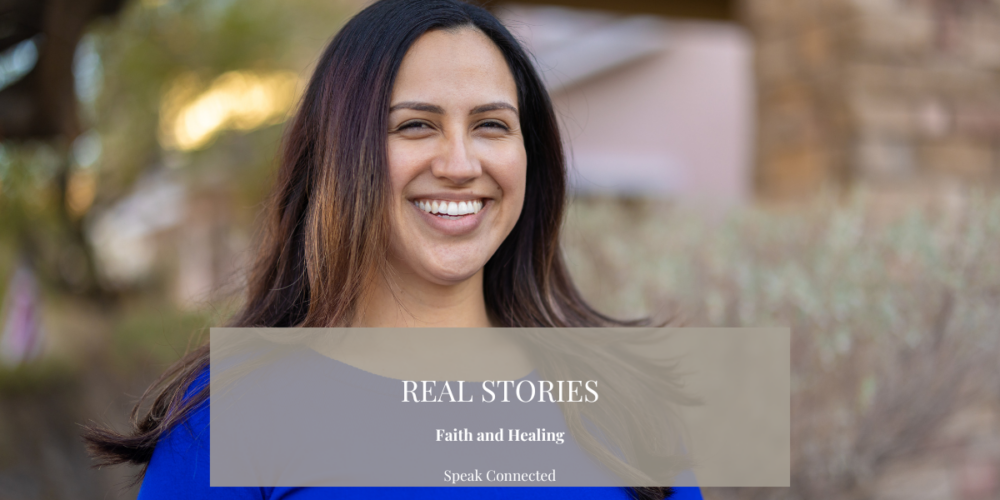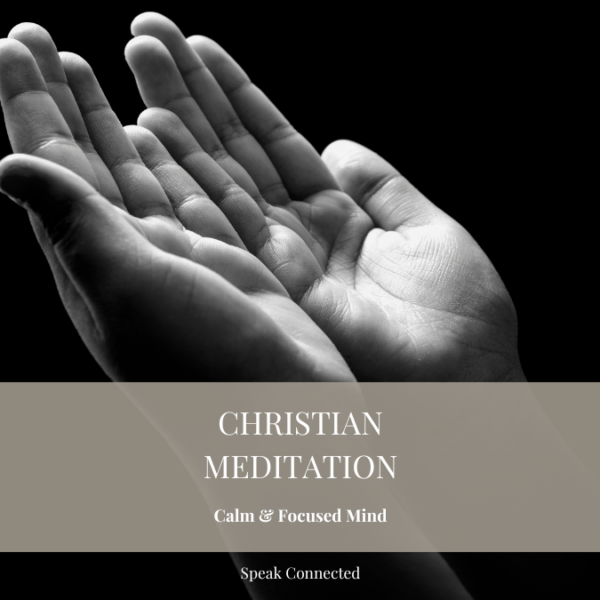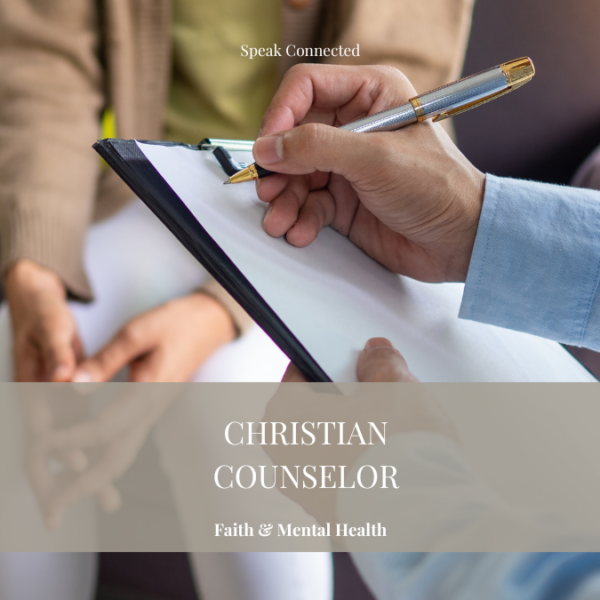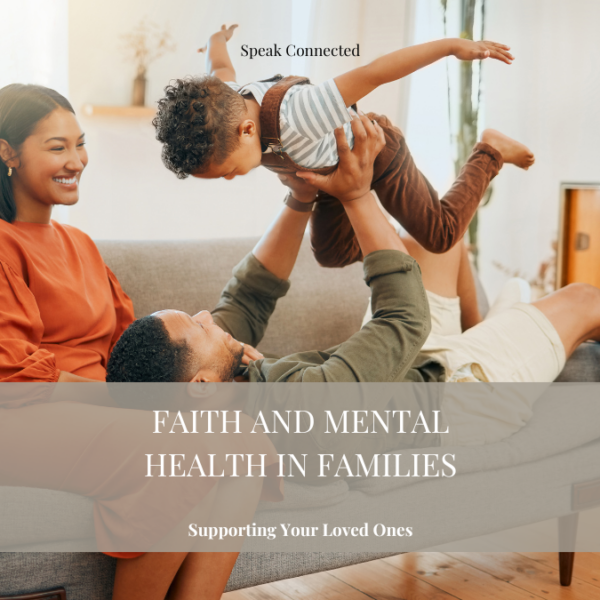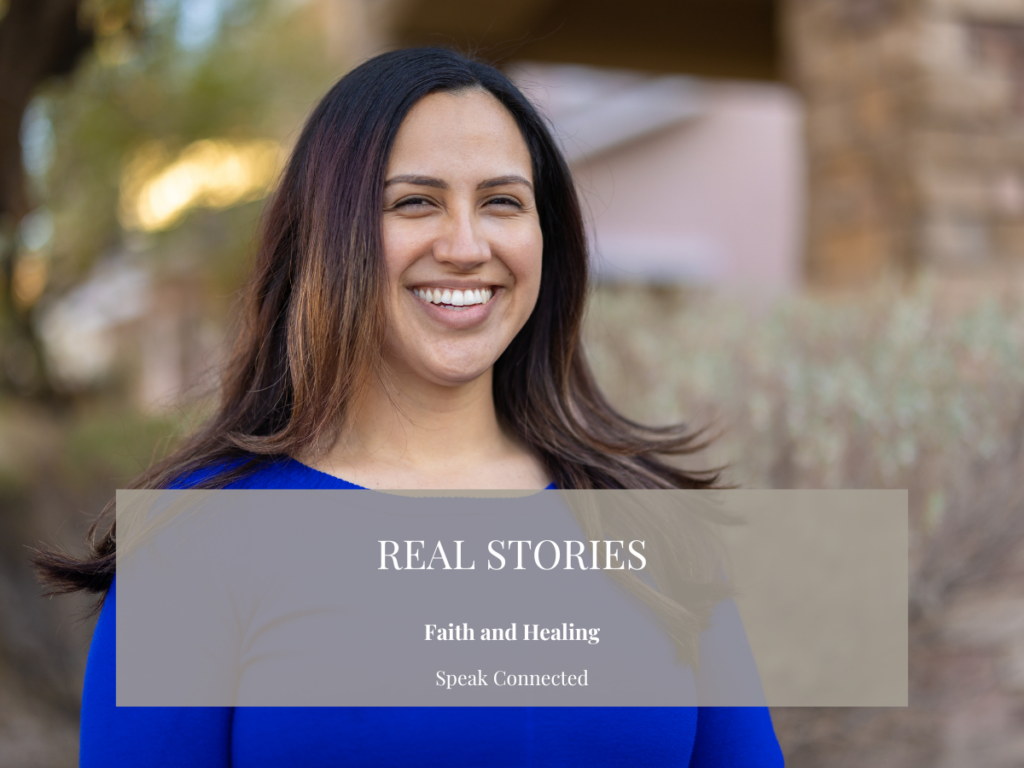
Introduction
The intersection of faith and mental health often provides a unique foundation for healing, hope, and personal transformation. For centuries, spirituality has offered solace to those grappling with emotional struggles, yet the dialogue around faith’s role in mental health treatment remains less explored. This article sheds light on this relationship by sharing real stories and real-life testimonies of individuals whose mental health journeys converged with their spiritual faith to foster resilience and recovery.
Personal testimonies hold profound significance in both faith-based communities and mental health advocacy. They are powerful reminders that hope can be found even in life’s darkest valleys. By exploring these personal narratives, we aim to inspire, educate, and spark conversations around the role of spirituality in cultivating mental wellness.
Faith and Mental Health: The Relationship
Faith and mental health are not mutually exclusive but closely connected, with numerous studies and expert perspectives highlighting this relationship. According to research published in the Journal of Religion and Health, individuals who engage in spiritual practices often experience lower stress levels, enhanced emotional resilience, and an increased ability to cope with adversity.
Mental health professionals increasingly recognize the therapeutic benefits of integrating faith into treatment plans. Dr. Karen Williams, a licensed mental health counselor, explains, “Faith-based practices such as prayer and meditation can function as effective coping mechanisms by grounding individuals during periods of chaos and anxiety.” Religious leaders, too, emphasize that faith fosters a sense of belonging and purpose, which are critical components in the healing process.
From uplifting prayer to contemplative stillness, faith creates a sanctuary where individuals can process emotions, come to terms with trauma, and find renewed strength. However, this relationship becomes most vivid and relatable in the lived experiences of faith communities.
Real Stories of Healing
Behind every story of healing through faith lies a narrative of struggle, perseverance, and ultimate renewal. Here, we explore three personal testimonies highlighting how faith and mental health connect.
1. Sarah’s Path to Peace
Sarah, a single mother of three, spent years battling debilitating anxiety and depression. The grief of losing her spouse had left her emotionally shattered, and traditional therapy alone seemed to offer little progress. She recalls, “I felt like I was drowning, just trying to get through each day.”
Amid her pain, Sarah attended a church retreat where she heard a sermon on surrendering burdens to God. “I remember sitting there, crying uncontrollably. For the first time, I felt like I didn’t have to face my struggles alone.” Encouraged by her congregation, she integrated weekly Bible readings into her therapy practice and joined a prayer group. Over time, Sarah found emotional stability and began to see life through a hopeful lens.
2. Daniel’s Strength in Stillness
An ex-military officer, Daniel was diagnosed with Post-Traumatic Stress Disorder (PTSD) following his service. His nights were plagued by vivid nightmares, and his days were filled with hypervigilance. “I couldn’t find any sense of peace, no matter how many tools or therapies I tried,” he recounts.
At the suggestion of a chaplain, Daniel embraced journaling prayers, recounting his memories to God in written form. Coupled with deep meditation on scripture, Daniel experienced moments of reprieve from his mental anguish. “It was as though God’s words were speaking directly to me, calming my restless mind,” he shares. Today, Daniel actively shares his healing story within military support groups to empower veterans with similar conditions.
3. Angela’s Journey to Forgiveness
Angela faced chronic guilt stemming from family conflict that spiraled into a bipolar diagnosis. For years, self-loathing overshadowed her existence. One evening, A breakthrough occurred during a faith-based support meeting, where she connected with others who felt burdened by guilt. “I finally understood that forgiveness—from God, others, and myself—was essential for my recovery.”
Through structured faith practices such as confession and communal prayer, Angela found healing and reframed her perspective on self-compassion. Regular involvement with her church community also created new friendships, reinforcing her mental wellness.
The diversity of Sarah, Daniel, and Angela’s stories emphasizes that healing through faith is deeply personal yet universally impactful.
The Power of Community and Support
Faith communities are uniquely positioned to provide shared spaces where individuals can safely explore their emotional well-being. These environments foster mutual encouragement, uplifting prayer, and compassionate dialogue—all contributing to emotional resilience.
A Social Science & Medicine study revealed that individuals who actively participate in religious communities often report higher life satisfaction and enhanced mental health. Faith organizations frequently organize support groups, seminars, and wellness events centered on holistic healing. These gatherings offer members opportunities to bond, share their struggles, and celebrate victories of personal growth.
For instance, “Healing Hearts Fellowship”—a church-based mental health initiative—hosts monthly meetups that integrate spiritual teachings with cognitive behavioral strategies. The fellowship’s attendees often cite the sense of fellowship as instrumental in their journeys of healing.
Recognizing the need for connection, congregational leaders and mental health advocates are working collaboratively to create inclusive spaces that bridge faith and mental health support.
Overcoming Stigma and Finding Hope
Despite its myriad benefits, mental health remains a stigmatized subject in many faith-based circles. Misconceptions often frame mental illness as a “lack of faith” or purely spiritual warfare, minimizing the need for psychological intervention. However, this stigma can have far-reaching consequences, causing individuals to avoid seeking help.
Breaking this stigma starts with open conversations within religious communities. Pastors, rabbis, imams, and other faith leaders play a crucial role in normalizing discussions about mental health. By affirming that professional treatment and faith coexist harmoniously, spiritual leaders empower individuals to seek both divine guidance and therapeutic resources.
Equally important are stories of redemption and hope from those who have navigated similar experiences. Public testimonies tear down barriers of shame and fuel hope for others still walking their valleys. Readers are reminded that no despair exists beyond the redemptive reach of God—healing is always within reach.
Finding Hope and Strength in the Valley
Faith isn’t just a tool; it’s a lifeline for countless individuals navigating mental health challenges. Hearing personal testimonies like those shared above showcases the immense healing potential found at the intersection of spirituality and psychological restoration. These stories remind us that faith can illuminate the path forward even in life’s darkest valleys.
If you or someone you know is struggling, consider sharing this article or connecting with a local support network. We also invite you to share your faith and mental health testimonies to inspire and uplift others.
Whether you’re wrestling with anxiety, grief, or stigma, know this—you are not alone. Your story of healing, hope, and faith is still being written, chapter by chapter.
Recommended Readings
How Does God Want Us to Serve Others? Examples of Christian Service in the Bible

